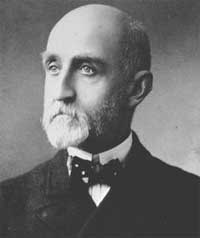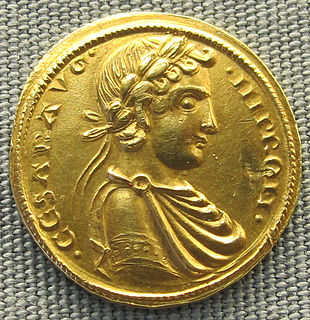A Quote by Alfred Thayer Mahan
Free supplies and open retreat are two essentials to the safety of an army or a fleet.
Related Quotes
There are three ways in which a ruler can bring misfortune on his army: By commanding the army to advance or to retreat, being ignorant of the fact that it cannot obey. This is called hobbling the army. By attempting to govern an army in the same way as he administers a kingdom, being ignorant of the conditions which obtain in an army. This causes restlessness in the soldier's minds. By employing the officers of his army without discrimination, through ignorance of the military principle of adaptation to circumstances. This shakes the confidence of the soldiers.
Each home has been reduced to the bare essentials -- to barer essentials than most primitive people would consider possible. Only one woman's hands to feed the baby, answer the telephone, turn off the gas under the pot that is boiling over, soothe the older child who has broken a toy, and open both doors at once. She is a nutritionist, a child psychologist, an engineer, a production manager, an expert buyer, all in one. Her husband sees her as free to plan her own time, and envies her; she sees him as having regular hours and envies him.
We have an army for fighting as well as an army for labour. For fighting, we have the Eighth Route and New Fourth Armies but even they do a dual job, warfare and production. With these two kinds of armies, and with a fighting army skilled in these two tasks and in mass work, we can overcome our difficulties and defeat Japanese imperialism.
Talking about winning and losing is like if you're talking about two armies fighting on two territories, which is not the case. Those [terrorists] are gangs, coming from abroad, infiltrate inhabited areas, kill the people, take their houses, and shoot at the army. The army cannot do the same, and the army doesn't exist everywhere.
Your little army, derided for its want of arms, derided for its lack of all the essential material of war, has met the grand army of the enemy, routed it at every point, and now it flies, inglorious in retreat before our victorious columns. We have taught them a lesson in their invasion of the sacred soil of Virginia.








































